What Are Advanced Cardiovascular Life Support (ACLS) Classes?
If you want to get certified in Chicago, Illinois, take an ACLS class on-site with Illinois Safety. We have been approved by the American Heart Association, which shows that you are a professional in the healthcare field. Our course provides you with the benefits of hands-on knowledge with the help of our trained instructors. Call 630-290-4280 today to sign up for an ACLS class!
If you are wondering, what is ACLS certification for nurses? ACLS training teaches doctors and nurses how to diagnose and treat heart attacks. It teaches healthcare workers how to recognize it. Also, treating life-threatening heart conditions quickly and effectively lowers the death rate.
ACLS is based on the 2010 Guidelines for CPR and ECC from the American Heart Association. It teaches the most up-to-date ways to help adults with ACS, shock, rhythm problems, and cardiac arrest.
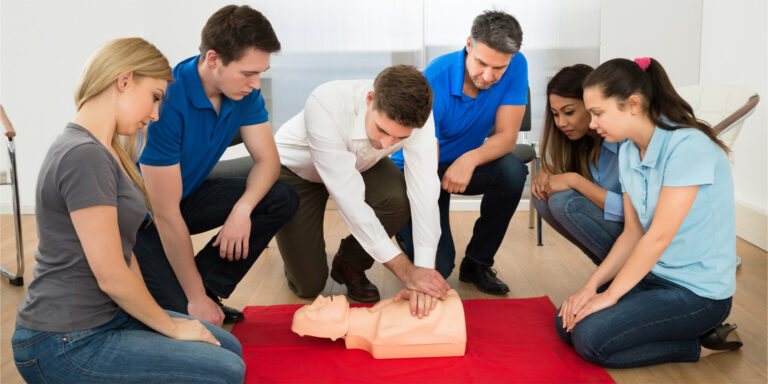
Why Take Advanced Cardiovascular Life Support (ACLS) Classes?
ACLS classes are great for doctors, nurses, paramedics, lab technicians, respiratory therapists, and EMTs who work in the ER or ICU. Prehospital workers and people who take patients to the hospital should take these classes.
The three parts of ACLS are BLS, ALS, and PALS (PALS). Each module builds on the skills you’ve already learned.
How long does ACLS certification last? Certification is good for two years. Those who want to get certified must first get BLS. The AHA, the Red Cross, and the National Healthcareer Association offer this training.
There are several reasons why you should take an advanced cardiovascular life support (ACLS) course:
1. Gain Advanced Knowledge
This course gives a complete overview of how to use the techniques taught in the introductory ACLS class to help people in cardiac arrest. You will find out how to give medicine. Intubation and defibrillation devices can also help people who have had heart attacks or stopped breathing.
2. Prepare For An Emergency
If you take an ACLS course, you will be ready for any cardiac emergency you might face in your job. You will learn how to figure out what’s wrong with a patient and how to treat them correctly.
3. Refresh Your Skills
Even if it’s been years since you learned Basic Cardiac Life Support, you might want to take an advanced version of the same course or try something new to improve your skills. Your skills might have gotten worse over time. If you haven’t been a nurse for a while, you might want to brush up on the ACLS protocol.
4. Earn Continuing Education Credits
In many states, taking an ACLS course can count toward your continuing education. You can use these credits to keep your professional licenses, like those for an RN or a physician’s assistant, up to date.
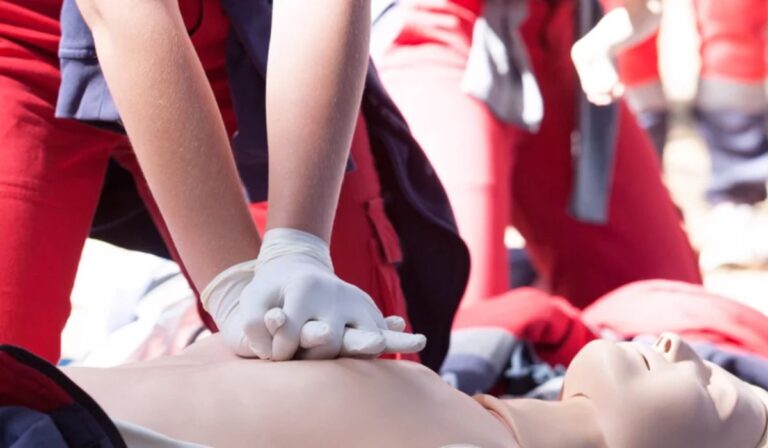
5. Get Ahead In Your Career
In many cases, having your certification can give you an edge over other job seekers. Many hospitals and other health care facilities require ACLS certification near me.
ACLS providers can choose from a wide range of job options. They can work in hospitals, doctor’s offices, outpatient clinics, cardiac centers, and more. Here are just a few:
In many cases, having your certification can give you an edge over other job seekers. Many hospitals and other health care facilities require ACLS certification near me.
ACLS providers can choose from a wide range of job options. They can work in hospitals, doctor’s offices, outpatient clinics, cardiac centers, and more. Here are just a few:
Cardiology Technician
Measures blood pressure and heart rate during cardiac stress tests or procedures. May administer medications and perform other tasks while monitoring the patient’s condition.
Emergency Medical Technician (EMT)
Offers emergency medical care at the scene of an accident or while taking someone to the hospital. They must be able to deal with stress and talk to patients well.
Emergency Room Tech
He takes vital signs and does other tests on people who have been brought to the emergency room by ambulance. Also, people with severe health problems come in their cars.
Medical Assistant
Does many different jobs in a doctor’s office or clinic. Taking medical histories, setting up appointments, and doing basic lab tests are just a few examples.
Paramedic
It provides advanced life support services to patients experiencing a medical emergency. You must be able to make quick decisions and be prepared for any situation.
Respiratory Therapist
Assists patients who have difficulty breathing. May provide treatments such as oxygen therapy or chest physiotherapy. Also, teach patients how to use inhalers or other devices.
6. Make A Difference In Someone’s Life
Knowing how to properly treat someone with a heart attack or other cardiac emergency could save their life. By taking an ACLS course, you’ll be prepared to handle any situation that comes your way.
No matter your reasons for wanting to take an ACLS course, you’ll be glad you did! The skills and knowledge you gain could one day help you save a life.
Whether you’re looking to refresh your skills or gain new knowledge, taking an advanced cardiovascular life support class is a great way to do it!
The Benefits Of Taking ACLS Classes
The AHA lists these benefits of taking its Advanced Cardiovascular Life Support (ACLS) classes:
Better Patient Outcomes
People have a better chance of living if treated by medical professionals trained in ACLS. The AHA says that patients treated by doctors trained in ACLS have a 15% better chance of living.
Increased Confidence
You will feel more confident in your ability to spot sudden cardiac arrest and other potentially fatal heart problems and treat them. In addition, you will learn how to use an automated external defibrillator (AED).
Improved Communication Skills
You will learn to talk to other medical professionals, so everyone knows what to do in an emergency.
Improved Teamwork Skills
You will learn how to work effectively as part of a team in an emergency.
ACLS classes are given by many groups, like the American Heart Association, the American Red Cross, and hospitals. Most classes last two or four days, even though some companies offer online courses that you can finish in a shorter time.
How Much Do ACLS Classes Cost?
ACLS classes cost different amounts depending on where you take them and what kind of class you take. Most classroom courses cost between $200 and $400, while most online courses cost between $100 and $300. You may get a discount on course fees if you belong to a professional group like the ANA or ACEP. The cost depends on where you take it.
If you want to take ACLS classes at a hospital or other medical center, you should call ahead to find out their rules. Some require you to pay for the class ahead of time, while others will bill your insurance company. These classes vary in when, where, and how they are taught. Some places offer discounts for families or groups.
This course aims to give people the confidence and skills they need to handle cardiac arrest in everyday life. It’s a great chance to practice CPR and learn something you didn’t cover in EMT school.
Illinois Safety LLC teaches people how to do ACLS, First Aid, and other skills. Hands-on practice and interactive simulations teach skills and techniques you can use in the real world. The people who teach us are experts in their fields. Call us at 630-290-4280 to sign up for an ACLS class today!
Illinois Safety Offers The Following Services:
- Pediatric Advanced Life Support (PALS)
- Advanced Cardiovascular Life Support (ACLS)
- Basic Life Support (BLS) CPR
- Heartsaver First Aid CPR AED
The Articles We’ve Selected for You:
Frequently Asked Questions
ALS (Advanced Life Support) and ACLS (Advanced Cardiac Life Support) are interchangeable.
You can get your ACLS certificate with our nationally accredited, 100% online, and up-to-date certification class. ACLS training extends beyond BLS (Basic Life Support) to provide a more in-depth understanding of advanced life support.
While BLS is frequently required for medical professionals, it is also commonly completed by teachers, coaches, lifeguards, babysitters, and others. ACLS, on the other hand, is intended solely for healthcare professionals. Physicians, nurses, anesthesiologists, paramedics, dentists, and others are included.
Depending on the student’s experience level, the online portion of HeartCode ACLS takes approximately 6.5-7 hours to complete.
The actual process of ACLS is very stressful and challenging for people the first time. Mentally, it’s all an algorithm, so you don’t have to think critically; you just have to recognize the patterns.
ALS A&E classes require at least 800 hours to complete. These courses can last anywhere from eight to ten months, depending on the learners’ progress. The duration of livelihood programs is determined by the skill being learned.
ACLS is intended for healthcare professionals who direct or assist in managing cardiopulmonary arrest or other cardiovascular emergencies and emergency response personnel. Students who complete the course receive a course completion card valid for two years.
- Review ACLS Case Scenarios.
- Memorize the ACLS Algorithms.
- Memorize Meds and Proper Dosages.
- Know Your H’s and T’s.
- Understand Basic Electrocardiography.
- Take Multiple Practice Exams.
- Skip the Hard Questions at First.
- Take Your Time.
Essential Life Support (BLS) is the generic term for any type of CPR required for all registered nurses. Advanced Cardiac Life Support (ACLS) is primarily needed for RNs. They work in a hospital setting and care for critically ill adults.
The AHA does not require ACLS students to have a current BLS Provider card, but they must be proficient in BLS skills. Students may be required to have a current BLS Provider card by Training Centers.
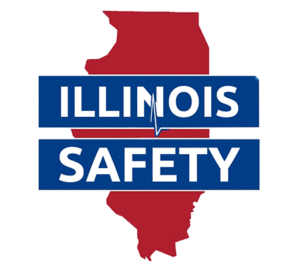
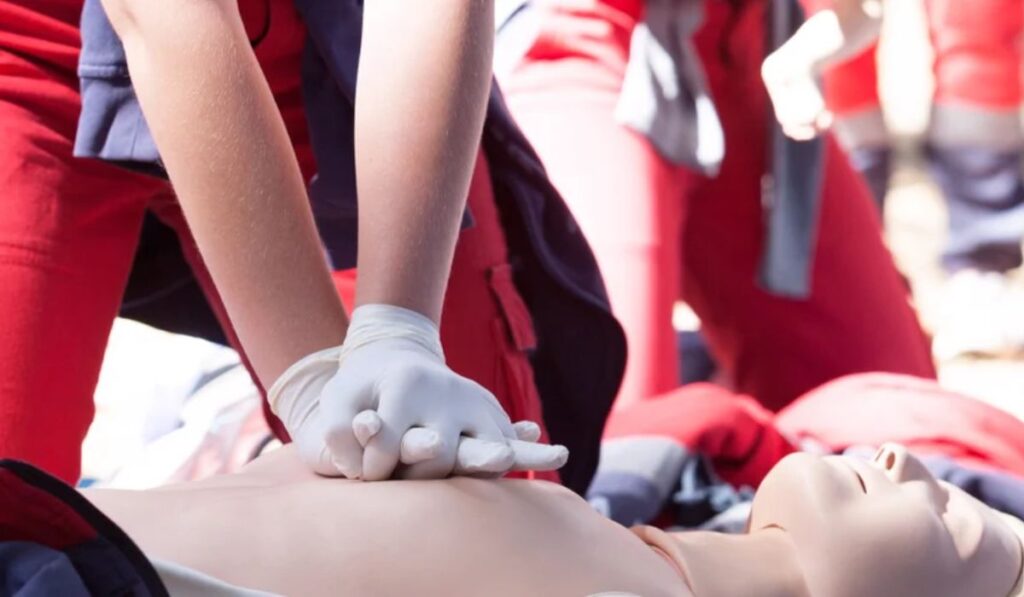
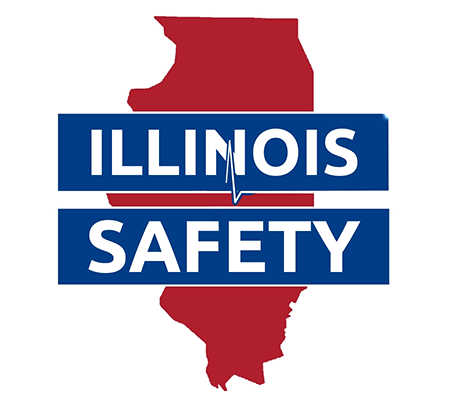
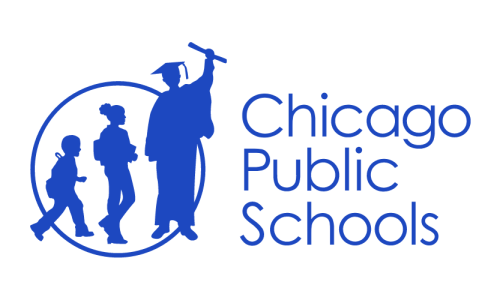
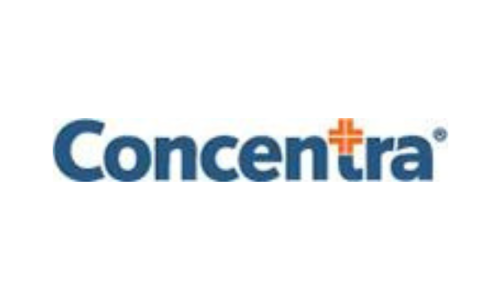
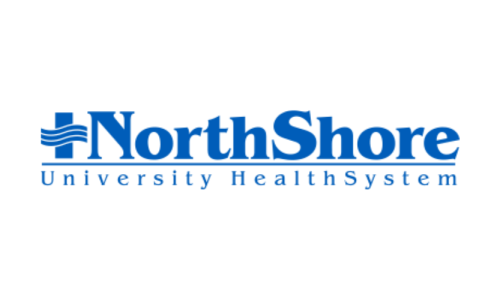
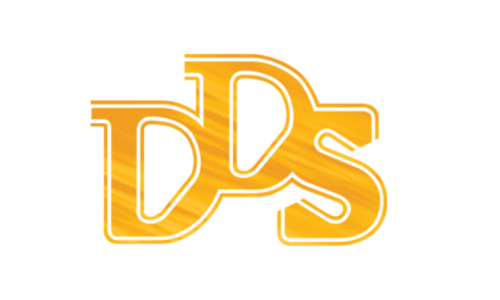
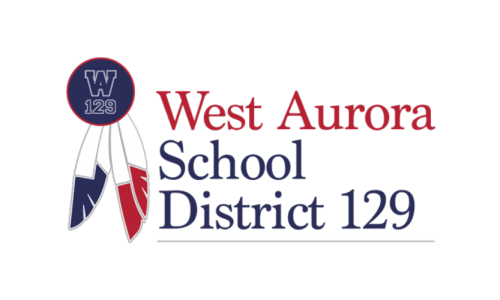
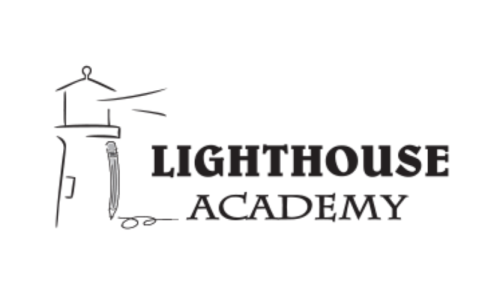
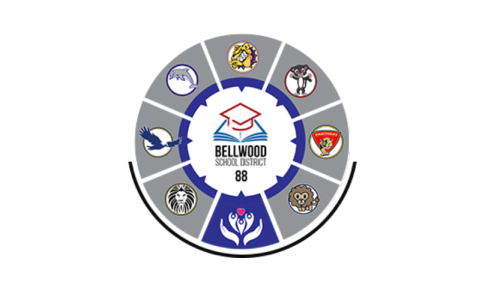
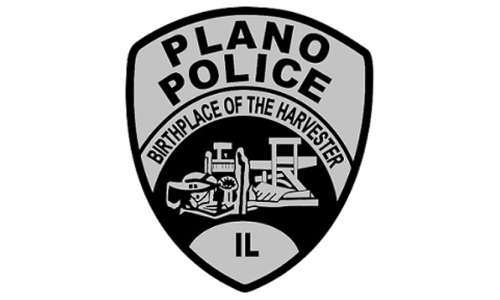
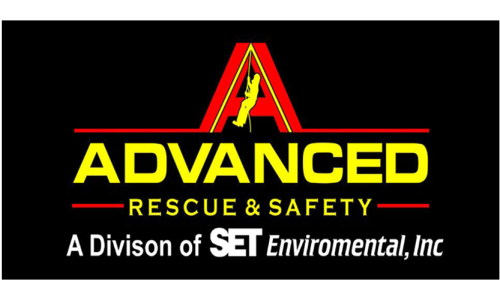
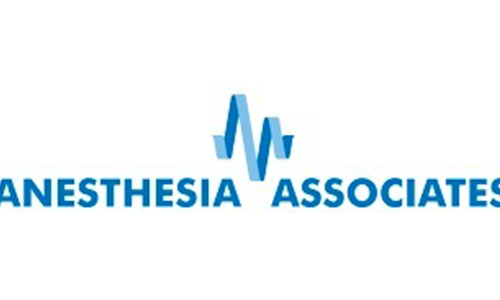
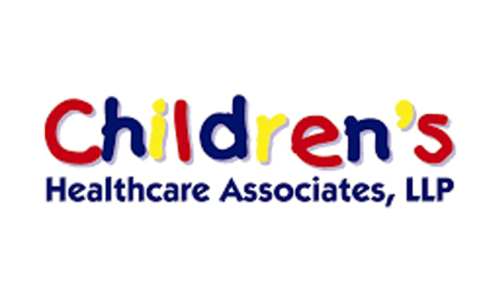
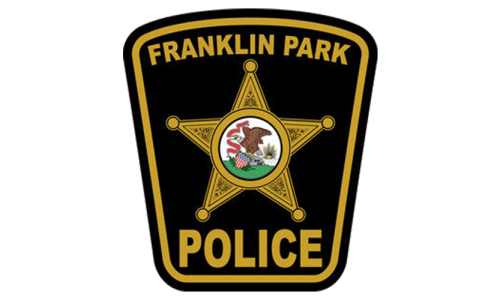
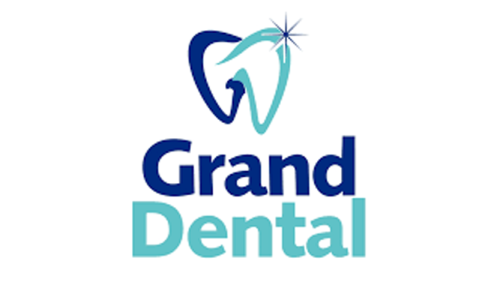
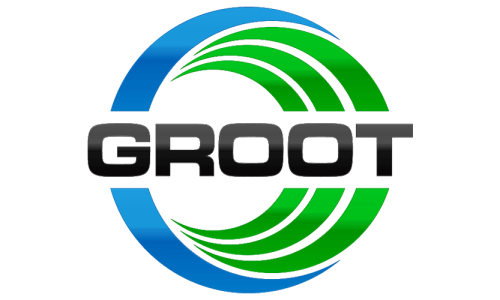
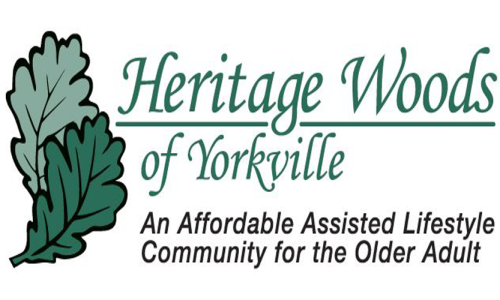
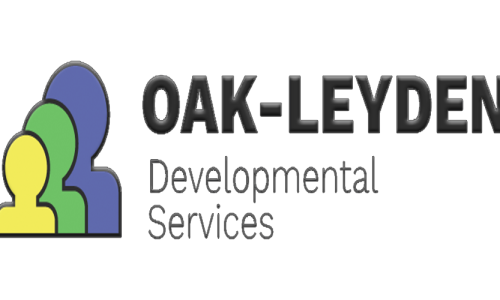
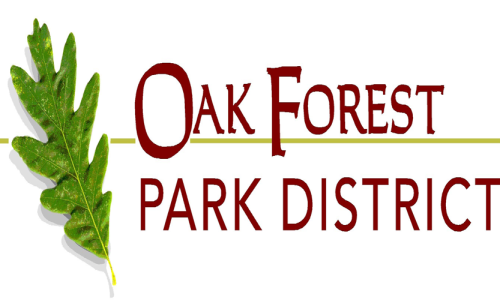
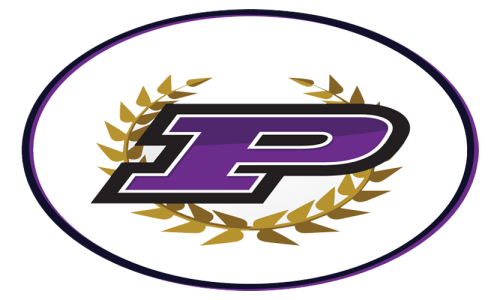
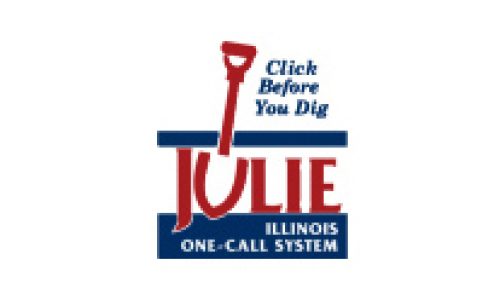

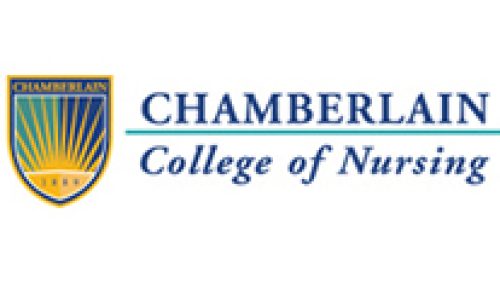
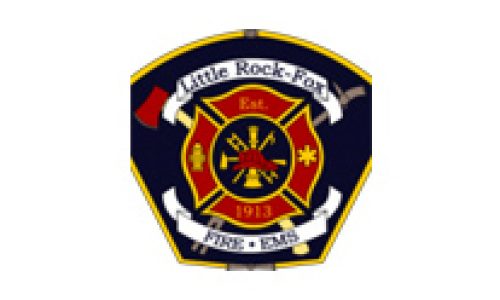
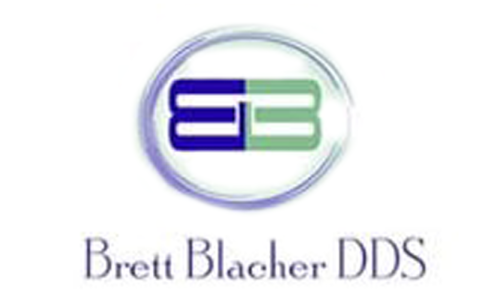
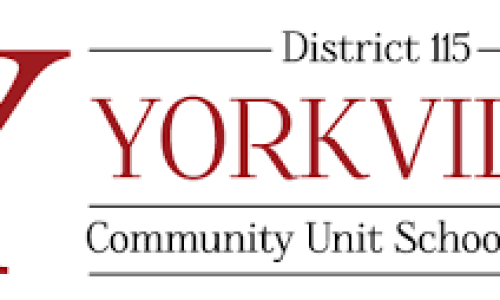
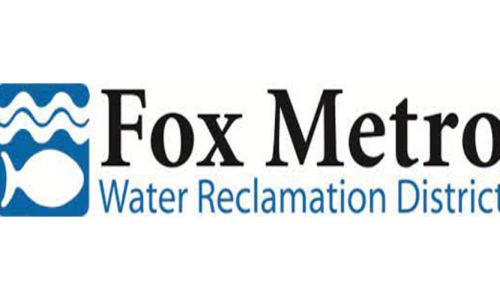
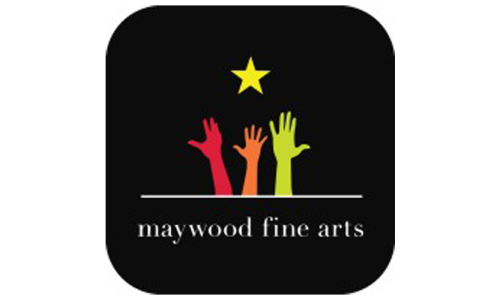

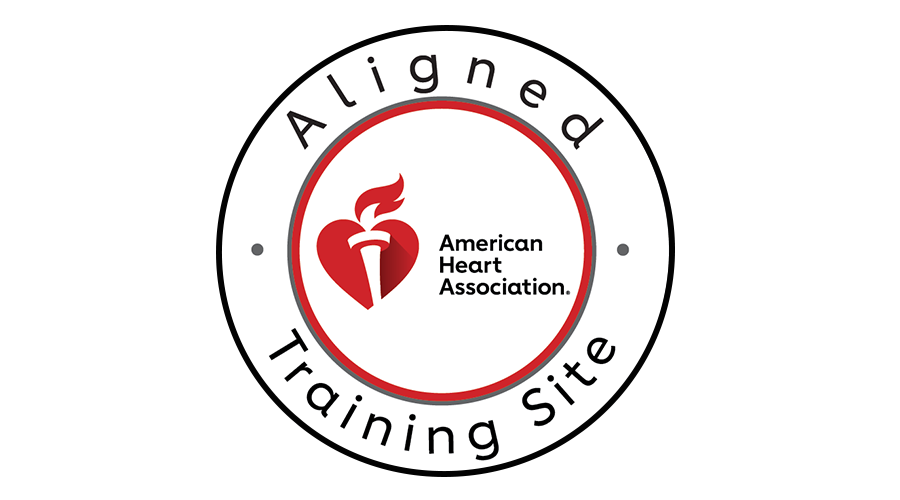
 Powered by
Powered by